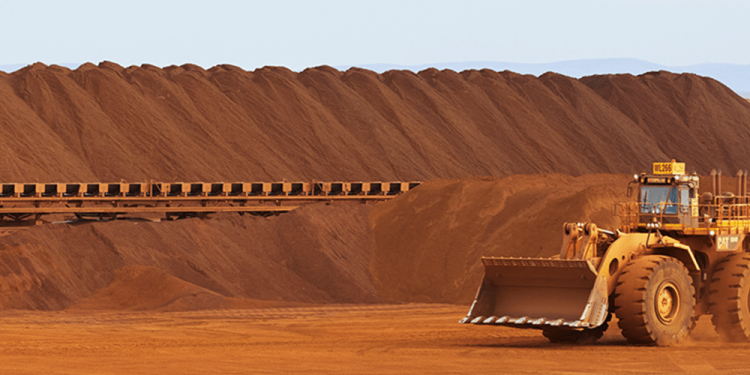While the Pilbara Renewable Energy Project faced setbacks initially, Fortescue’s strategic shift towards refined storage technologies signals a new chapter in Australia’s decarbonisation efforts. The integration of advanced storage solutions not only addresses the challenges posed by renewable energy intermittency but also positions Fortescue as a pioneer in sustainable mining practices. As the project progresses, the lessons learned, and innovations developed could serve as a valuable blueprint for other industries and countries striving to balance economic growth with environmental responsibility in the face of climate change.
Fortescue acknowledges its significant carbon footprint, with over 2.5 million tonnes of CO2 equivalent emissions produced annually from its mining operations, including shipping and tug boat operations. This understanding drives the company’s commitment to change and align with a more sustainable and environmentally responsible path.
Fortescue Metals Group’s transition to green energy represents a significant milestone in the mining industry’s journey towards decarbonisation. With ambitious plans to harness renewable energy, electrify its fleet, and reduce emissions, Fortescue sets a high standard for sustainable resource extraction. As the company forges ahead with its commitment to achieve “real” zero emissions, its efforts serve as a testament to the transformative power of industry leaders in addressing climate change and promoting responsible environmental stewardship. Read more about Net Zero Emissions: Australia’s Accelerating Transition and Pace and Australia: Net Zero Emissions Target By 2050.


















